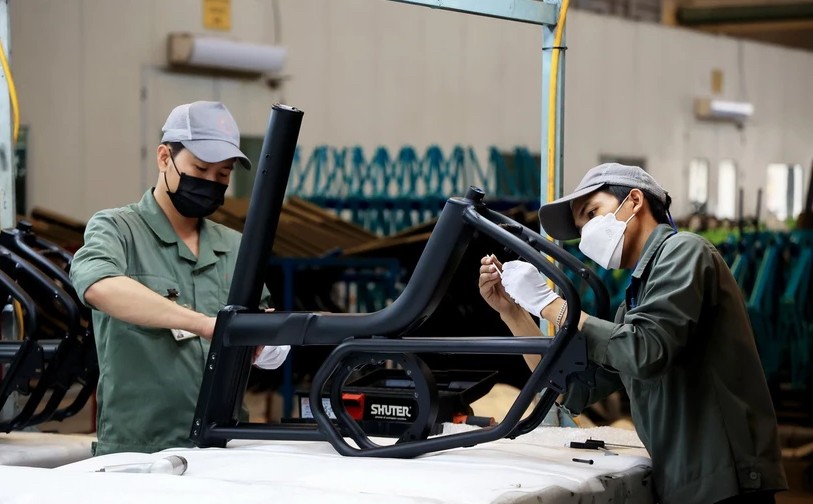WB Commits to Supporting Vietnam in Realising Goal of High-income Economy by 2045
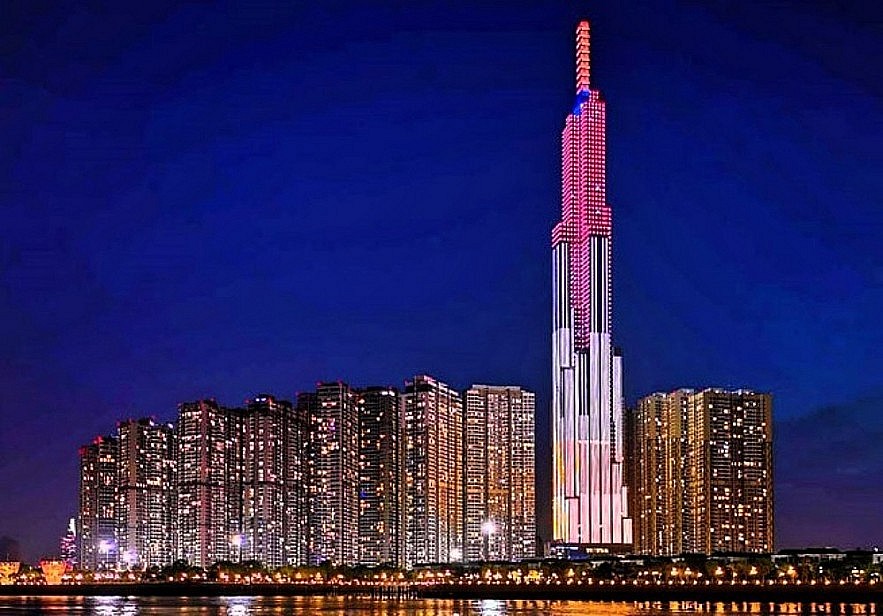 |
| World Bank says the Vietnamese economy continues to show resilience and is recovering. Photo: Vietnam Financial Times |
World Bank (WB) Vice President for East Asia and Pacific Manuela V. Ferro on March 25 concluded a five-day visit to Vietnam, reaffirming the institution’s commitment to supporting Vietnam in realising its goals of becoming a high-income economy by 2045 and reaching net zero emissions by 2050.
“We are committed to work with Vietnam as it charts a renewed course towards ambitious development goals,” Ferro said in a press release.
“Our partnership will focus on strategic areas that promote productivity-led, climate-resilient, inclusive growth, contributing the World Bank’s global and local expertise, embedded in evidence-based analysis and financing.”
During her first official visit to Vietnam, Ferro met with Prime Minister Pham Minh Chinh, National Assembly Chairman Vuong Dinh Hue, and other high-ranking officials.
She discussed Vietnam’s development priorities and challenges and how the country can use support of the World Bank to achieve transformational and tangible improvements in the lives of the Vietnamese people.
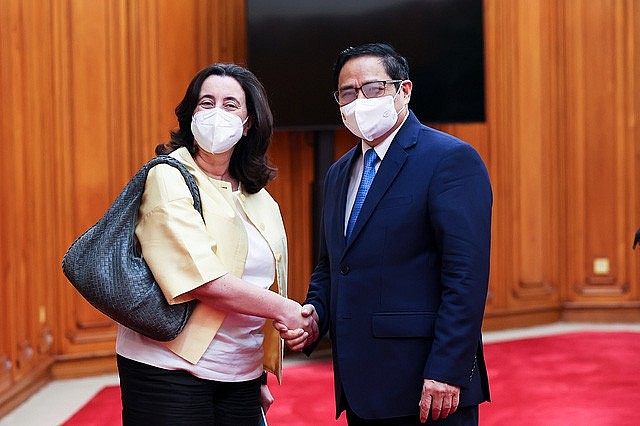 |
| World Bank (WB) Vice President for East Asia and Pacific Manuela V. Ferro and Prime Minister Pham Minh Chinh. Photo: VGP |
A highlight of the trip was the agreement between Ferro and Prime Minister Chinh to jointly produce a report, Vietnam 2045 that will offer pathways and solutions for Vietnam to realise its aspiration of becoming a high-income economy by 2045.
The report will take stock of the pace of reforms laid out in 2016’s Vietnam 2035 roadmap, analyse how Vietnam’s economic trajectory has been affected by the Covid-19 pandemic and other global mega-trends, and provide recommendations to inform policy reform discussions leading up to the 14th Party Congress, scheduled for early 2026.
“Vietnam’s development journey is evolving and so is the nature of our partnership,” said Ferro.
“The World Bank will offer innovative solutions that address new development challenges and fit the unique profile of Vietnam’s development opportunities.”
Ferro also visited Ho Chi Minh City to broaden the partnership between the World Bank and Vietnam’s economic powerhouse.
During the meeting with Chairman of the HCM City People’s Committee Phan Van Mai, the two sides discussed key challenges the city is facing as it bounces back from Covid-induced recession and explored how it could mobilise knowledge and financial resources from the World Bank to boost its competitiveness and resilience.
A joint HCMC-World Bank Working Group was formally launched to prepare an engagement plan for the coming years.
The World Bank’s current portfolio in Vietnam consists of 33 operations, worth a total of US$5.72 billion focused on transforming livelihoods and increasing infrastructure’s resilience to climate risks, education, health care, transport, energy, water resource management, and urban resilience.
Since its re-engagement in Vietnam in 1994, the Bank has committed a total of more than US$25.3 billion toward financing Vietnam’s development./.
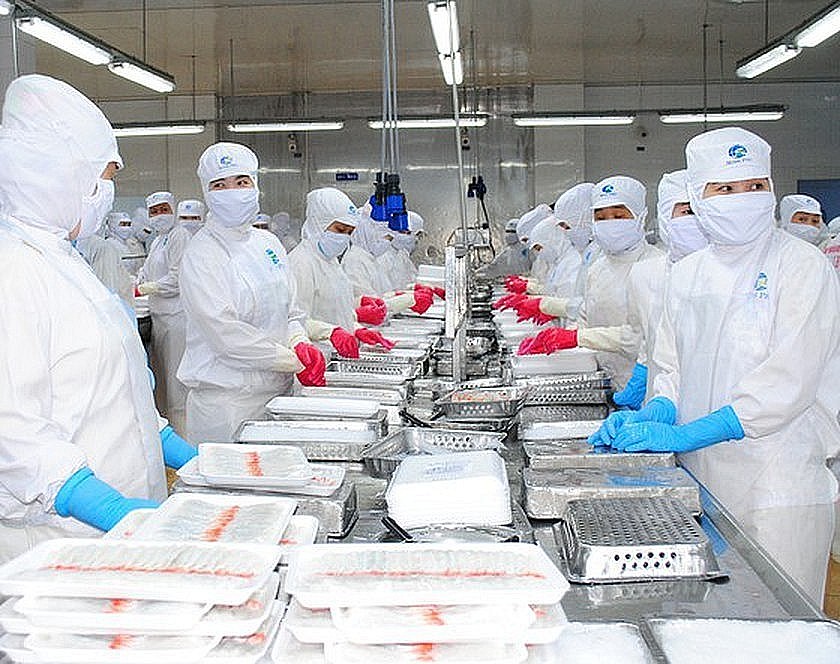 |
| WB experts noted that Vietnamese authorities should encourage exporters to seek new markets. Photo: Sai gon Giai phong Online |
| The World Bank (WB) on March 11 released its brief updating Vietnam’s economic development in March, stating that the economy continues to show resilience and is recovering although downside risks have heightened. Available data suggest continued recovery of domestic economic activities, with industrial production growing by 8.5% year on year and a broad-based improvement in manufacturing despite the surge of new Covid-19 cases to over 100,000 infections per day by the end of February. With imports growing much faster than exports, trade balance deteriorated from a surplus of US$1.4 billion in January to a deficit of US$2 billion in February. The WB brief also indicated that FDI commitment slowed while FDI disbursement continued to recover strongly. The disbursement of approved FDI projects increased by 7.9% in February, a third month of increase. “CPI inflation remained subdued thanks to relatively stable food prices and still weak domestic demand. Credit demand remained strong after the Lunar New Year, keeping overnight interbank interest rate at 2.56% at the end of February, compared to less than 1% at the end of 2021,” the report continued. WB experts noted that Vietnamese authorities should encourage exporters to seek new markets and innovate into new products through global value chains and existing free trade agreements to strengthen export resilience. Keeping track of domestic price developments is also warranted. Continued administration of the vaccine boosters and renewed health guidance are critical to manage the Omicron wave, the bank recommended. |
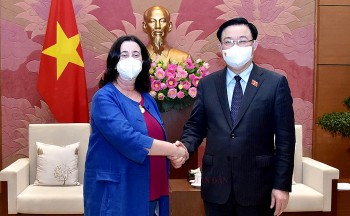 | WB Regional Vice President: Vietnam Makes Great Efforts in Socio-Economic Development Vietnam has made great efforts and progress in socio-economic development over the past decades, WB Regional Vice President for East Asia and Pacific Manuela V. ... |
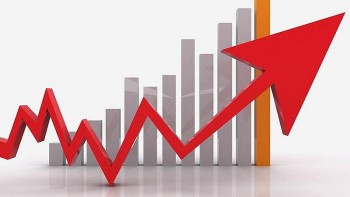 | WB: Vietnam’s Economic Growth Expected to Accelerate to 5.5% in 2022 Vietnam’s economic recovery is likely to accelerate in 2022 as GDP growth is expected to rise to 5.5% from 2.6% in the year just ended, ... |
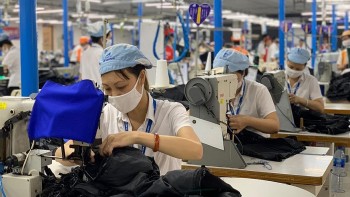 | WB Loan Supports Vietnam to Recover from the Pandemic The Government of Vietnam and the World Bank have signed a US$221.5 million credit agreement to support Vietnam’s recovery from the COVID-19 pandemic through policy ... |
Recommended
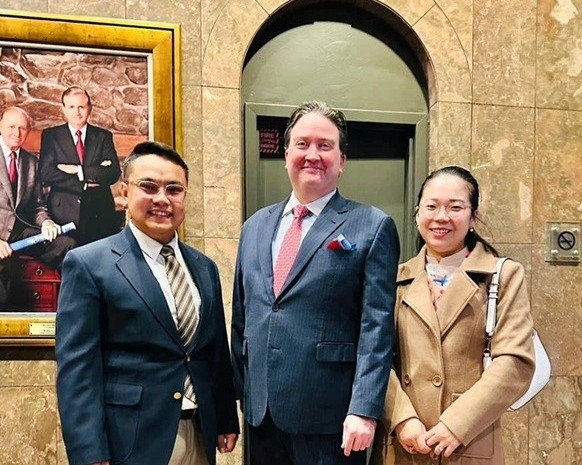 Economy
Economy
Greenfield & Associates, LLP - Professional partners in tax and financial accounting for Vietnamese businesses in the U.S. market
 Economy
Economy
Roots of Enlightenment: India’s Timeless Buddhist Journey
 Economy
Economy
India's Connect with Global South: A Bridge of Shared Heritage
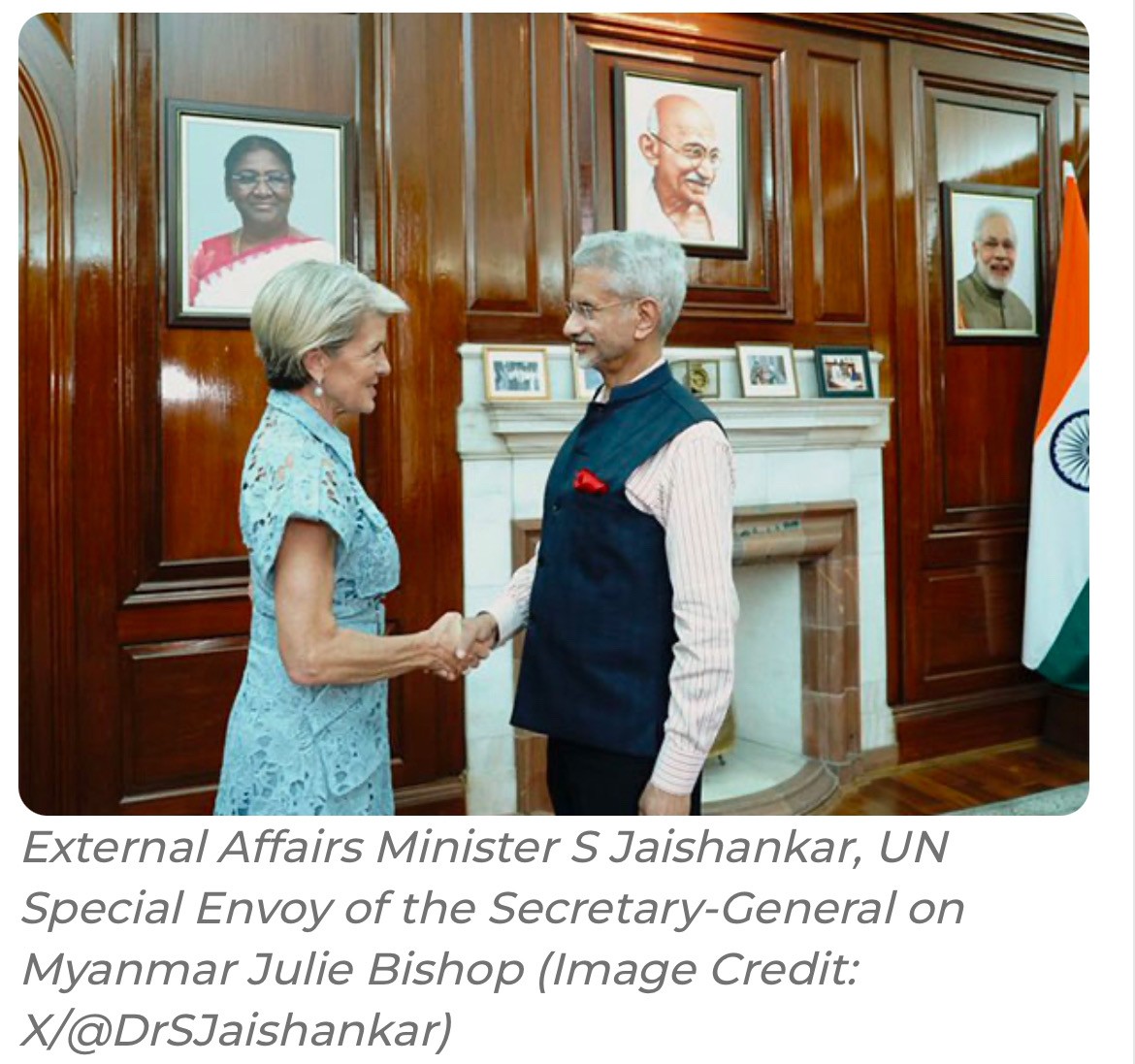 Economy
Economy
Jaishankar, UN Special Envoy on Myanmar Julie Bishop Discuss Stability and, Refugee Situation
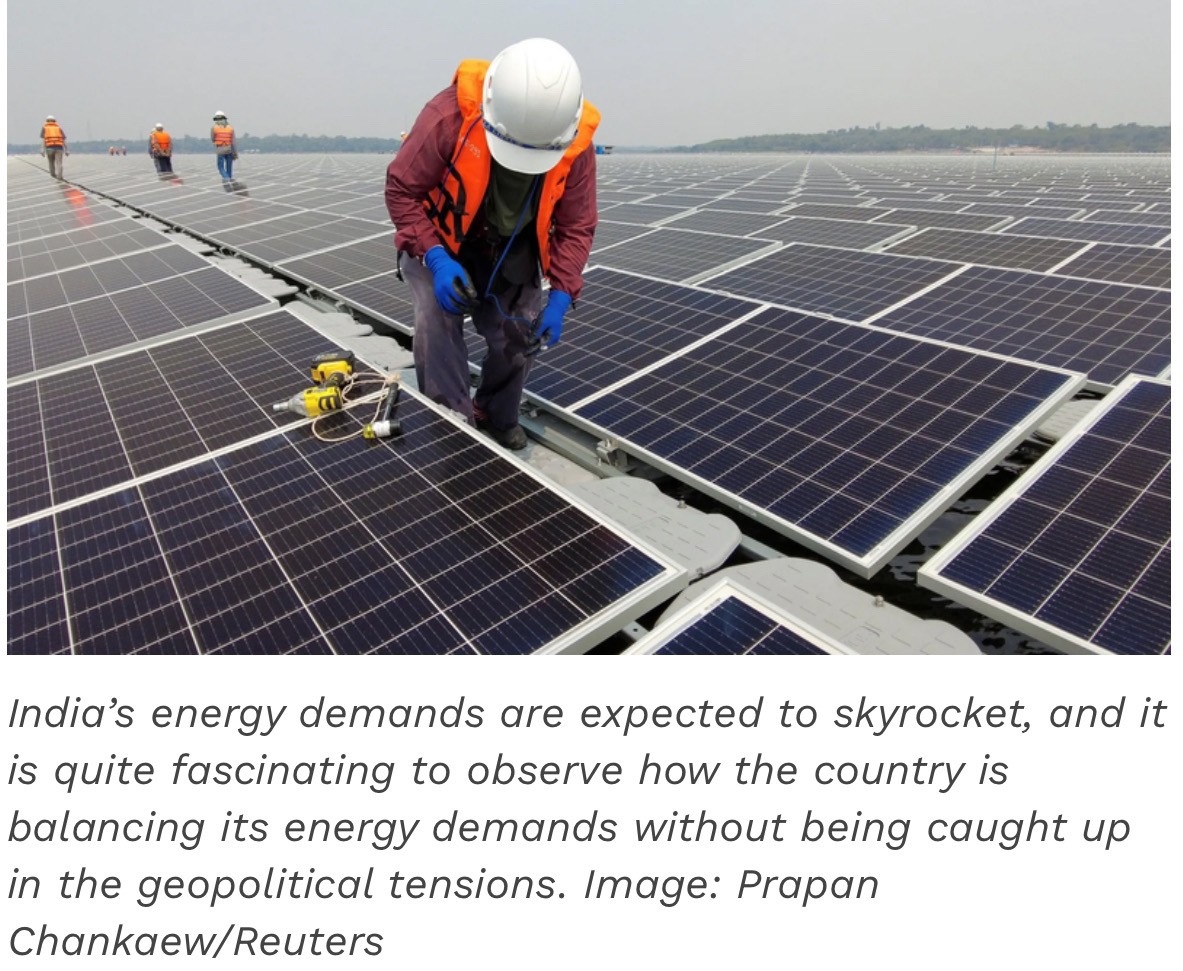 Economy
Economy
A diplomatic energy balance in a contested energy space
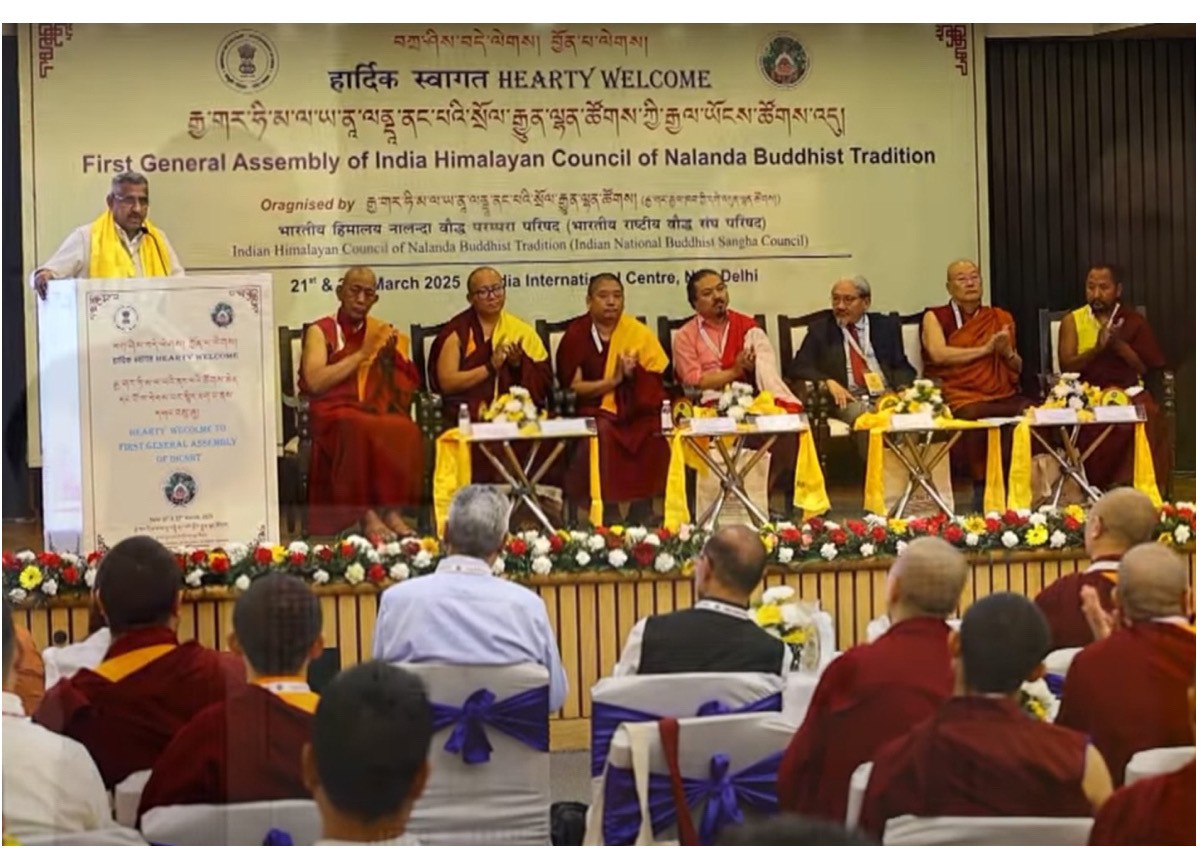 Economy
Economy
Strengthening Nalanda Buddhism: IHCNBT’s Historic First General Assembly
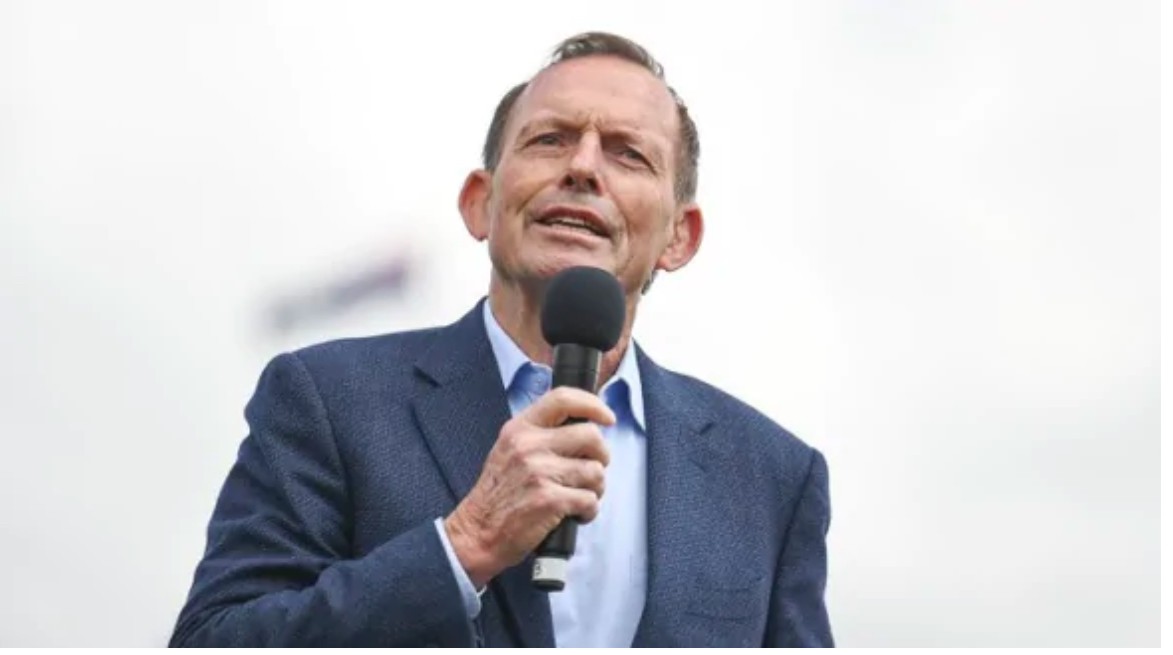 Economy
Economy
Rejecting Khalistan Separatism: Former Australian PM Tony Abbott’s Vision for Indo-Pacific Harmony
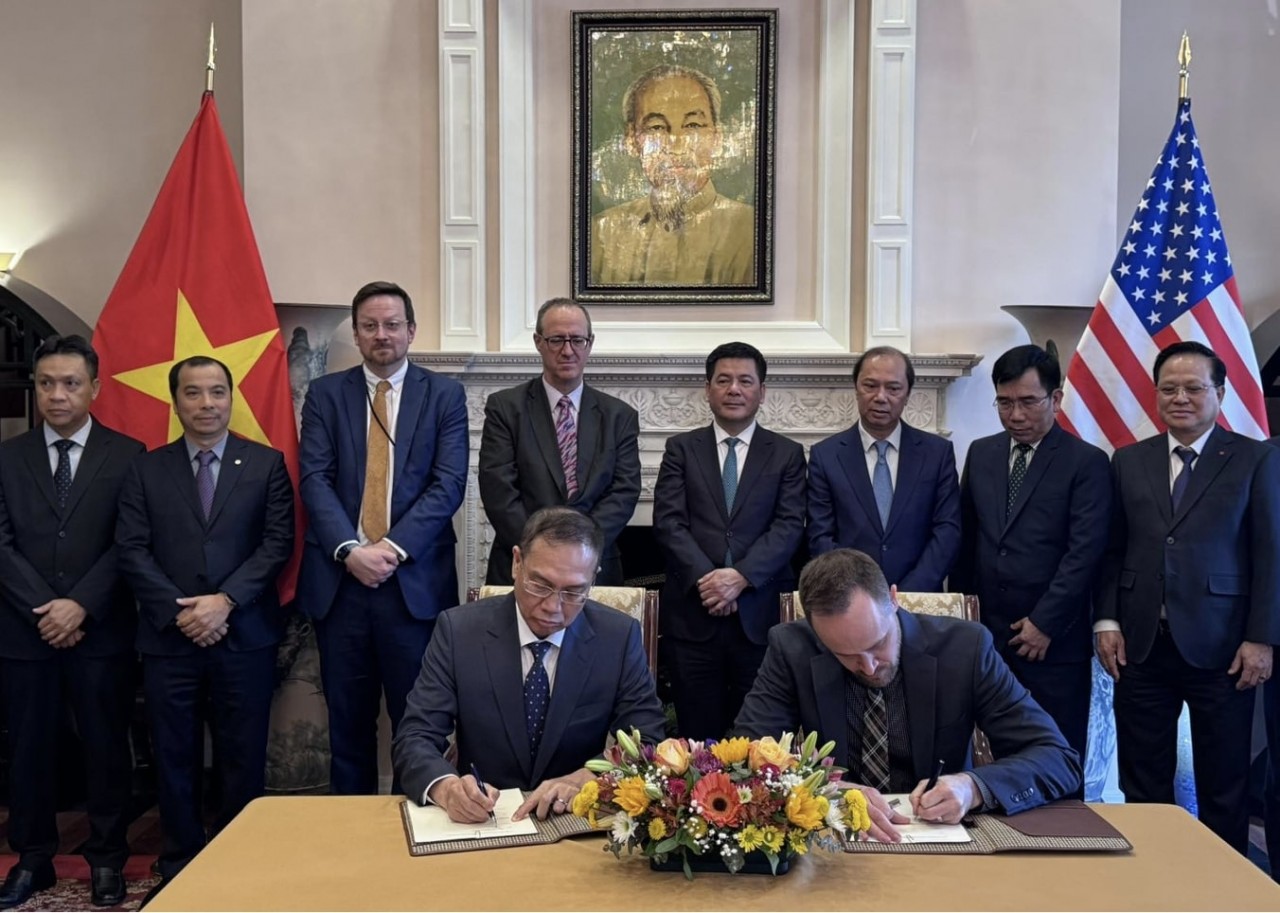 Economy
Economy


